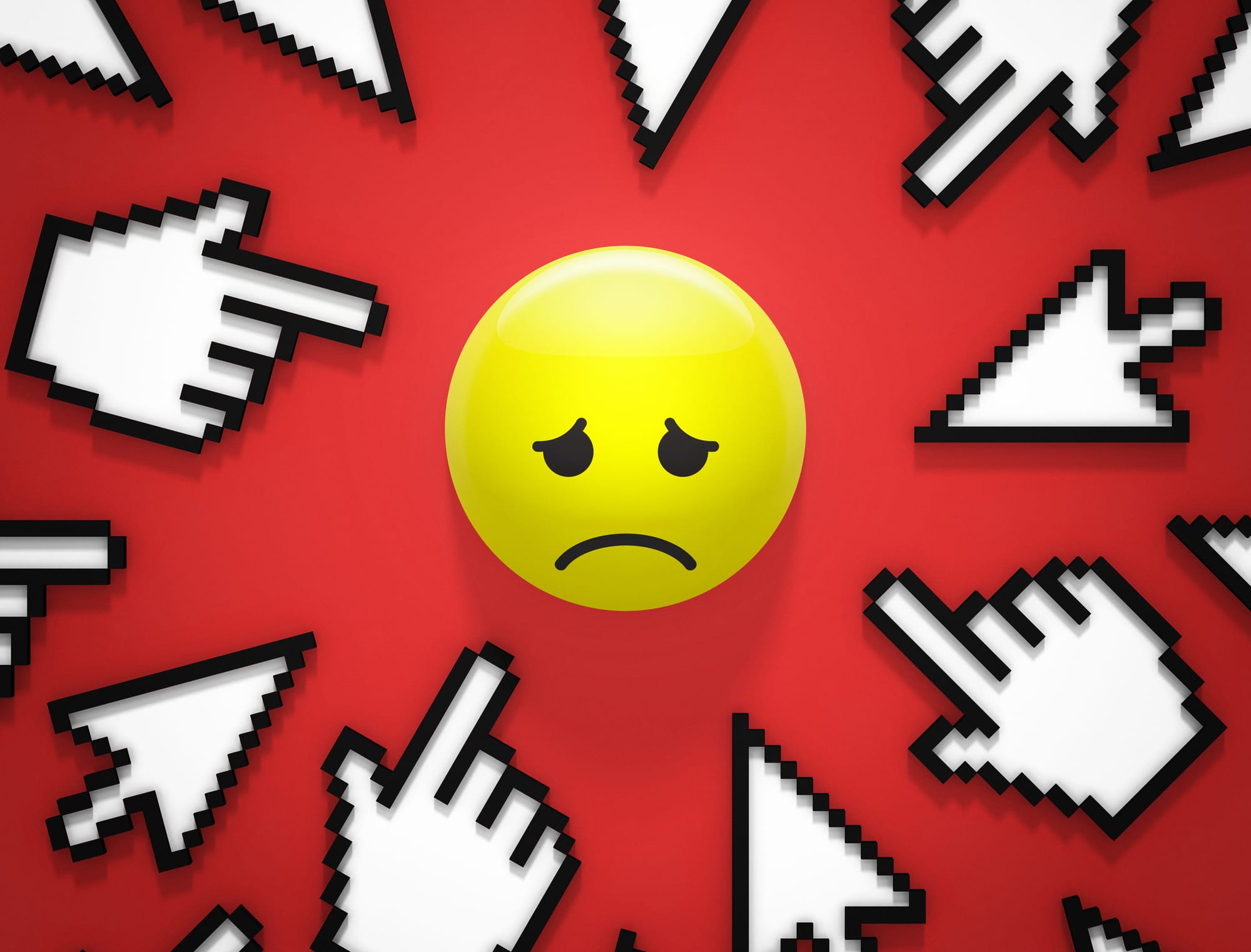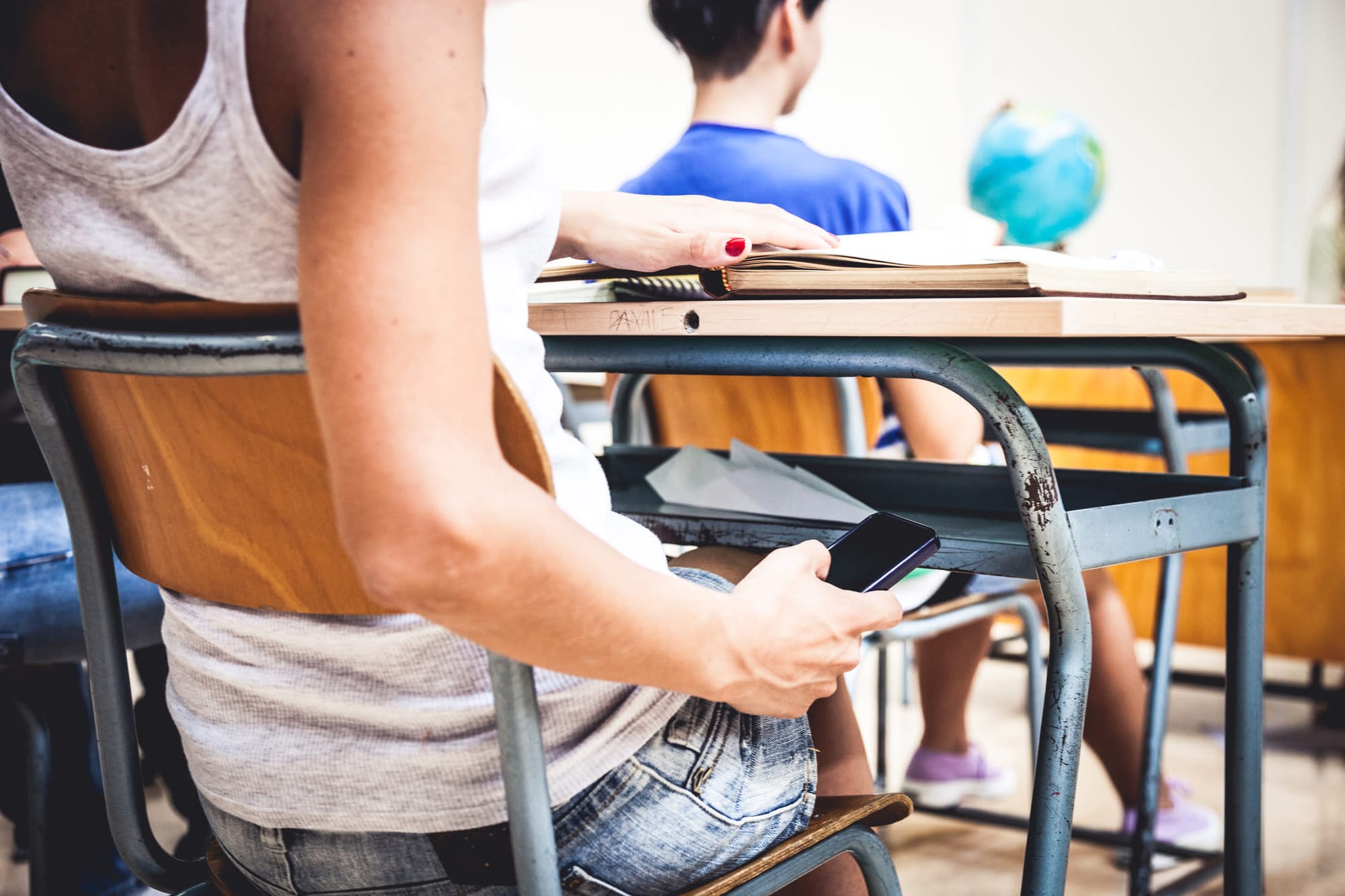
Amy "Dolly" Everett’s death by suicide is a tragedy, and sheds light on serious issues that impact young Australians. Amy Everett was bullied online, known as cyberbullying. When users cyberbully others, they try to intimidate and humiliate through abusive texts or emails with hurtful content, or by online gossip. Cyberbullying can have negative impacts on the wellbeing and mental health of youths, who may be uncertain of what to do, leading some young people to feel isolated, scared or alone.
Currently, almost a quarter (22.8 per cent) of young Australians aged 15 to 19 experience serious mental health concerns. The three top stressors for youths are: coping with stress; school and study challenges; and depression. Other key issues include bullying, family conflict and suicide. Research shows that there is a range of biological, psychological and social factors associated with increased risks of suicide and mental health challenges experienced by youths.
Stigma around mental health is a barrier to help-seeking and leads to misinterpretations in the community about what mental illness is and its impact. Not seeking help at the first signs of a mental health challenge can lead to further difficulties.
The online world can play a positive role in the lives of young people in reducing stigma and improving help-seeking. However, it should be used with knowledge of how to be safe online and an understanding of your digital footprint.
Read more: How to keep kids safe in the online world.
An effective way to address mental health challenges experienced by youths is to encourage proactive, preventative approaches that recognise the following:
- A multifaceted approach needs to be taken where young people, parents/guardians, teachers and the school community work together with experts in psychology and education to develop legislative policies and implement reforms that support youth mental health.
- Youths need to be active partners in identifying their risks and ways to cope, rather than be passive recipients of educational information and programs.
- A focus on youth wellbeing needs to be embedded into our school system, starting from the early years through to primary and secondary, with an emphasis on the whole person – not only the grade they will achieve.
- There are also opportunities for collaboration between government, technology companies, social media platforms and health organisations, to prevent cyberbullying and educate youths, parents and schools about online safety.

The World Health Organisation suggests that online policies need to be developed and implemented with the consideration of particular contexts – for example, in schools for early years, primary or secondary, for children and young people in the community, or in rural versus metropolitan areas.
School cultures should aim to be built on care and respect for all students, with the philosophy that all students matter. Providing classes that are mandatory in schools about youth mental health and ways to navigate the online world are needed. Classes or programs need to be introduced that strengthen social and emotional skills. These include social problem-solving, self-management, optimism, communication skills and ways to cope – all of which have been found to be effective mental health promotion and prevention interventions.
The prevention of youth suicide and self-harm is complex and requires a comprehensive approach with increased funding for evidence-based universal, targeted and diverse long-term strategies to address risk factors and support youths and their families at different stages of the young person’s life.
We need to move forward in working with youths about understanding the impact of cyberbullying on their wellbeing, and then take steps to promote and support young people’s mental health.
Helpful links
Suggestions about how to talk with young people about their internet use.
Tips for thriving in an online age from the Australian Psychological Society.
Suicide prevention information such as risk factors and warning signs.
If you are unsure of how to manage your own or a young person’s online world, or cyberbullying is occurring, contact a psychologist for support.
The ultimate parent guide for protecting your child on the internet
A comprehensive guide to cyberbullying for parents
Support services
Kids Helpline: 1800 55 1800 (24/7 crisis support)
headspace: 1800 650 890 (direct clinical services)
SuicideLine (Victoria): 24/7 telephone counselling service: 1300 651 251
Read more: The question of retaliation: A Different Lens, Episode 13
Christine Grove was a senior lecturer at Monash University at the time of writing this article.





